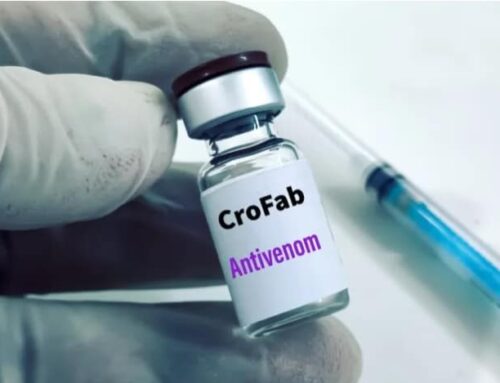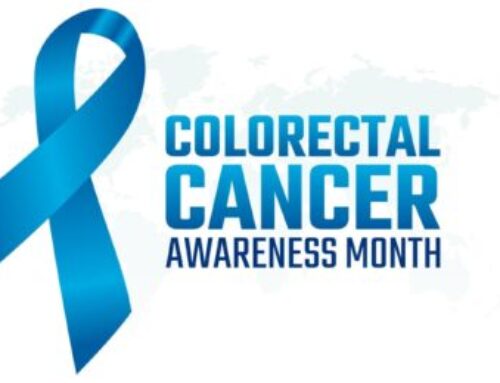MCH urges patients to call ahead to the Emergency Hotline to help mitigate the spread of Coronavirus.
As you probably know, a respiratory illness called COVID-19, or Coronavirus, is spreading rapidly throughout the world. Because our top priority is the safety of our patients, families, healthcare workers, and staff, Mountains Community Hospital’s (MCH) High Consequence Infectious Diseases (HCID) team will continue to focus considerable effort on preparing for a potential outbreak in coordination with public health officials. We have created an FAQ page that we will update as necessary: https://www.mchcares.com/coronavirus-faqs/
IMPORTANT: MCH is urging all patients that are experiencing cold and flu-like symptoms to call their Primary Care Physician immediately to receive instructions.
If you are experiencing a medical emergency related to any respiratory symptoms, and feel you need to visit the Emergency Room, we urge you to call our Emergency Hotline at (909) 436-3113 prior to your arrival. We will ask about your symptoms, your possible exposure to an infected person, as well as your travel history. When you get to the hospital, please call the hotline at (909) 436-3113 to notify the staff that you have arrived so an MCH staff member can meet you at your vehicle and accompany you into the hospital. This will help prevent possible exposure for the elderly and sick.
Mountains Community Hospital is monitoring the situation daily, and we assure all local and visiting residents that we are doing everything that we can in the eventuality that this virus comes to our mountain communities.
FREQUENTLY ASKED QUESTIONS
What is Coronavirus Disease 2019 (2019-nCoV aka COVID-19)?
Coronaviruses are a large family of viruses that typically cause a mild illness like the common cold. From time to time new coronaviruses emerge and have the potential to cause severe disease and global epidemics. Coronavirus Disease 2019, or COVID-19, is caused by a new respiratory virus, which is also sometimes referred to as SARS-CoV-2. This virus is different than SARS and MERS that caused previous outbreaks of respiratory illness. This virus was first identified as the cause of an outbreak in Wuhan, Hubei Province, China and has subsequently spread to more than 30 countries on several continents. Early cases were believed to be animal-to-human spread, linked to a large seafood and animal market, but it is now known that person-to-person spread is occurring. This new Coronavirus has resulted in more than 80,000 cases throughout mainland China, and another 55,000 cases (to date) worldwide.
What are the symptoms of COVID-19?
Symptoms of those confirmed to have COVID-19 include fever, cough and shortness of breath. While most cases are relatively mild, some patients have had a severe respiratory illness. Severe respiratory disease is more common in the elderly and patients with other medical concerns. It is believed that symptoms may appear in as few as 2 days or as long as 14 days after exposure. Based on the most recent data, we are encouraged by the fact that 80% of the individuals with COVID-19 will show no signs or very mild signs of the illness. Most people who get the virus will not even need to visit their doctor or visit a clinic or an ER.
How does it spread?
Coronaviruses generally spread through respiratory droplets via: Coughing or sneezing within 6 feet of a person, close personal contact such as touching or shaking hands, and touching a surface with the virus, then touching your mouth, nose or eyes before cleaning your hands. There is also potential for airborne spread if an infected person undergoes an aerosol-generating procedure, such as endotracheal intubation, receipt of nebulized medicines, or undergoing nasal swabs.
How can I keep myself safe?
The easiest and most effective way to keep from getting sick is to WASH YOUR HANDS. Here are a few guidelines that will also help:
-
When soap and water is not available, use alcohol-based hand sanitizer
-
Avoid touching your eyes, nose and mouth with unwashed hands
-
Avoid close contact with individuals who are sick
-
Stay away from public places such as work, school and daycare when sick
-
Cover your cough and sneeze
-
Clean and disinfect frequently touched objects and surfaces such as phones, tables and doorknobs
How is COVID-19 diagnosed?
At this time, testing is only being done within strict guidelines and with permission from the California Department of Public Health. In accordance with current County and State Public Health Guidelines, before COVID-19 is even considered, a group of tests must be done to rule out other illnesses. Patients that are presenting to MCH will be tested for Flu A/B, other respiratory illnesses, and strep throat. When those tests prove negative, and a patient meets ALL of the criteria listed below, our local health department is notified to determine if they feel a COVID-19 test is warranted.
A patient must meet all of the below criteria to be considered for a COVID-19 test:
-
Has fever of greater than 100.4
-
Has cough or other respiratory symptoms
-
Has recently traveled, within 14 days, to an affected region OR been in close contact with someone that recently returned from an affected area or has been diagnosed with COVID-19




